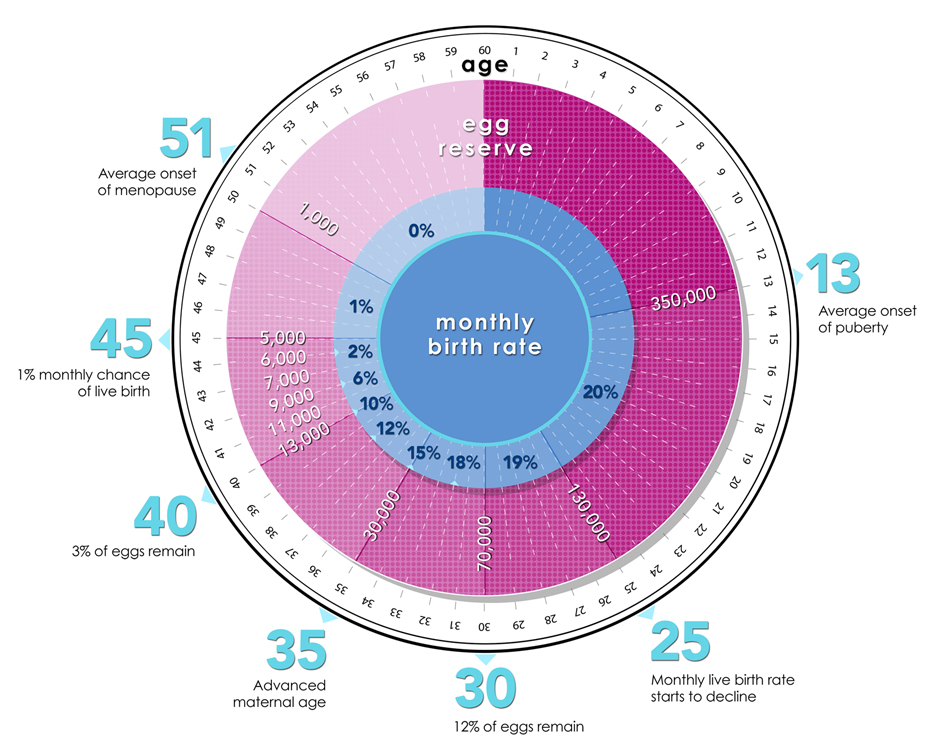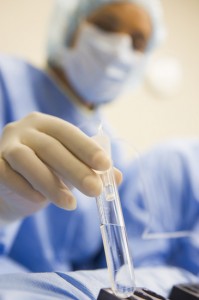 Women who carry a gene that puts them at increased risk for developing Alzheimer’s disease show signs of early aging at the cellular level long before the first hints of dementia might set in, when they appear otherwise healthy and active, a team of UCSF and Stanford scientists found.
Women who carry a gene that puts them at increased risk for developing Alzheimer’s disease show signs of early aging at the cellular level long before the first hints of dementia might set in, when they appear otherwise healthy and active, a team of UCSF and Stanford scientists found.
But there’s good news, too. When those women used hormone replacement therapy to treat symptoms of menopause, evidence of advanced aging disappeared. After just two years on hormones, women with the gene looked, under a microscope, the same age as their peers without the gene.
The research, which was published last week, is still preliminary and only involved a small sample of women with and without the Alzheimer’s risk gene. It raises a host of fascinating questions: What effect does the Alzheimer’s gene have on aging overall? What role do hormones play in aging? Can replacing the hormones women lose as they age prevent diseases like dementia?
There are not many answers, but the research findings add to the already complex and controversial discussion about hormone replacement therapy and who will benefit from it. Read full article.





